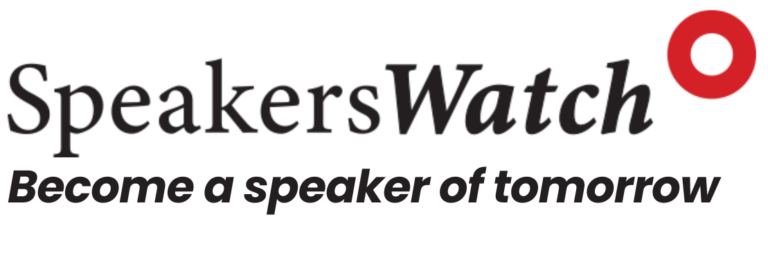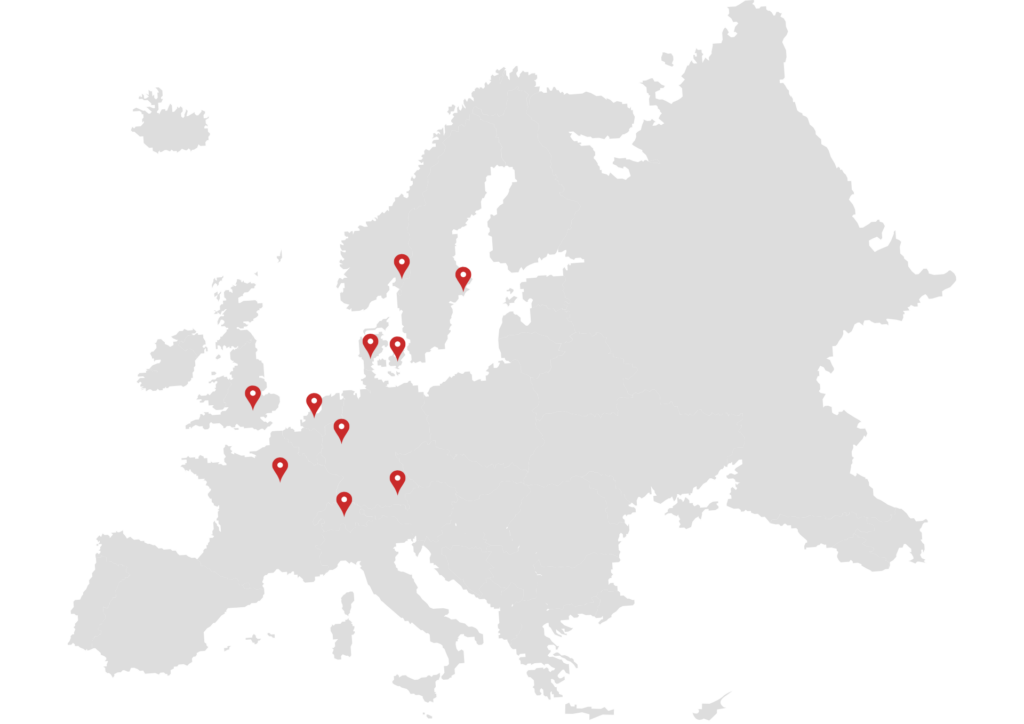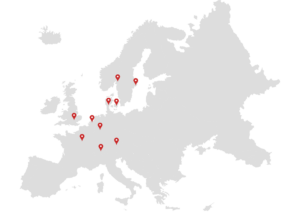In general, I recommend maximizing the potential of your domestic market before venturing into the international speaking arena. I understand the temptation – it can be exciting and flattering to explore opportunities as an international speaker. However, it’s often more challenging, time-consuming, and not necessarily financially rewarding.
In many European markets, I firmly believe that focusing your efforts on becoming successful at home is the smarter financial choice. For example, if you’re based in Norway, Sweden, Denmark, the Netherlands, or Germany, your national market is usually large enough for you to establish yourself without needing to look abroad. In these markets, many public speakers – some entirely unknown to the general public—enjoy thriving careers. If you specialize in areas like stress management, change leadership, or motivation, the market is often substantial enough to support a full-time career, especially with demand from the public sector.
In Scandinavia, one might assume that speaking Danish, Norwegian, or Swedish would enable success across the region. However, based on my current work and my earlier work establishing speaker bureaus in Sweden and Norway, I’ve found that this isn’t the case. While you might manage to speak Norwegian in Norway or Swedish in Sweden, as a Dane, it’s usually necessary to present in English in these countries. Even when I run training courses for speakers in Norway and Sweden, I conduct them in English. Otherwise, the most common phrase I hear is, “Sorry, can you repeat that? I didn’t understand.”
If you speak German, you already have access to the German-speaking markets of Germany, Austria, and Switzerland. That said, Switzerland doesn’t always favor dealing with German-speaking companies (such as agencies), in some areas the corporate language is French. There can be nuances to consider.
English is the international language of the commercial speaking market, which can make it tempting to conclude that speaking in Los Angeles or London is as viable as speaking at home in Leipzig. However, this isn’t always the reality.
A Danish example of international expansion
Let me share an example from Denmark, where we considered to internationalize one of the country’s most in-demand and admired speakers.
Chris MacDonald, a very likeable American motivational speaker based in Denmark, became a phenomenon in the Danish speaking industry. His personal brand was unique, and demand for his talks was extraordinary. He delivered so many presentations that most Danes came to know him, and he remains well-known today due to his continued efforts, thoughtful approach, and engaging style.
Chris´ manager and I often discussed whether it was time for Chris to expand internationally. At one point, a Danish company expressed interest in bringing Chris to California for an event. The client outlined their needs, and we calculated that the presentation would cost approximately €17,500 plus expenses. As I recall, the client required Chris to be in California for three days, which meant the time investment calculi looked like this:
Preparation time + travel time + three days for speaking and networking = €17,500 plus expenses
During those three days, Chris was expected to deliver a keynote, participate in a panel discussion, and engage in networking. Like many international conference clients, this one also tried to negotiate the fee, citing the “outstanding potential” for Chris to gain new clients from the event.
While this was all reasonable, we also had to account for the opportunity cost in Denmark—namely, the lost revenue from bookings Chris could have accepted during that week. At the time, Chris could easily generate around €27,000 in Denmark over the same period.
At the same time, we had launched a bureau in Oslo, Norway, where we tried to position some of our exclusive speakers, including Chris. Despite Oslo’s proximity to Copenhagen (just a one-hour flight away), no one in Norway had heard of Chris MacDonald. While he was a household name in Denmark, he was entirely unknown in Norway—a market that otherwise closely resembles Denmark.
The Bottom Line
Financially, pursuing the international market didn’t make sense for Chris. The calculation didn’t add up. In Denmark, his unique position as an American speaking broken Danish made him stand out. On the international stage, however, he would risk being one among countless American motivational speakers.
The takeaway is this: before you venture into international markets, consider whether your domestic market offers untapped potential. Building a strong foundation at home often provides a better return on investment and positions you for long-term success.










